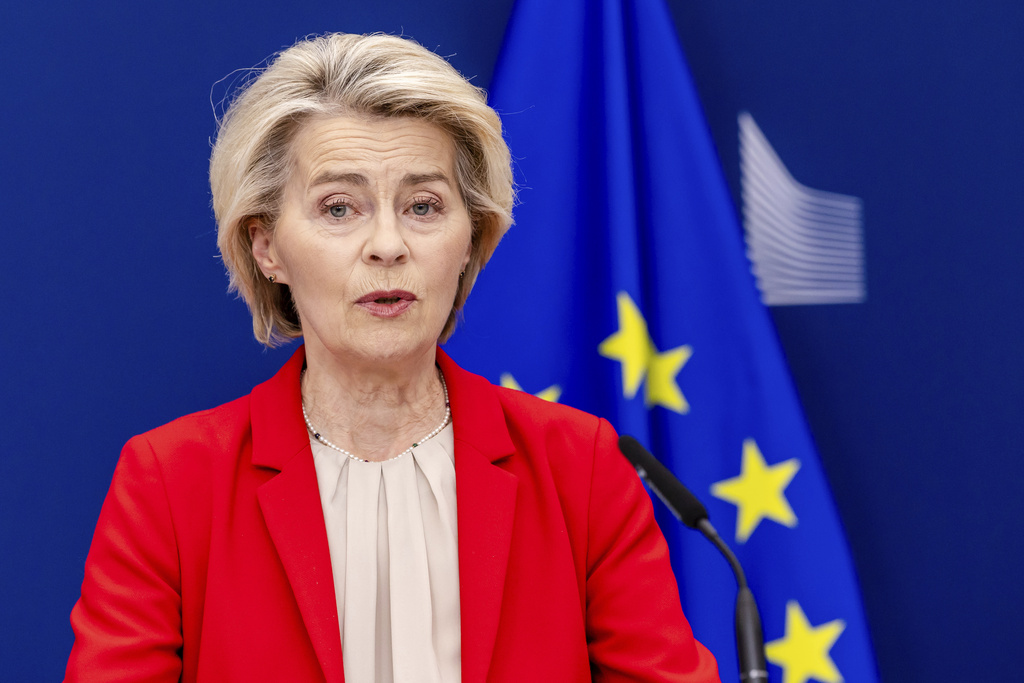EU Weighs Cutting Off Druzhba Pipeline Oil Supplies to Hungary and Slovakia

The European Union is weighing new trade measures that could curb Russian oil supplies to Hungary and Slovakia via the Druzhba pipeline.
The Gaze reports this, referring to Bloomberg.
The European Commission is reviewing options that would primarily target crude deliveries through the Soviet-era pipeline if Budapest and Bratislava fail to gradually phase them out.
Unlike sanctions, which require unanimous approval by all member states, trade measures such as tariffs can be adopted by a qualified majority, making them easier to implement.
The move is also seen as a significant step toward fulfilling U.S. President Donald Trump’s demand that the bloc halt purchases of Russian energy. Most EU members have already stopped importing Russian oil through pipelines or seaborne routes, but Hungary and Slovakia have resisted diversification, arguing that a sudden shift would jeopardize their energy security.
The plans are separate from the EU’s 19th sanctions package, adopted on Friday, which includes a phased ban on Russian liquefied natural gas. Those restrictions would first apply to short-term contracts six months after entering into force, before extending to long-term agreements from January 1, 2027.
Diplomats were briefed on the trade measure proposals last week but declined to provide details on timing or scope. Sources told Bloomberg that the bloc is also considering measures against major Russian oil companies and the shadow fleet of tankers that allows Moscow to maintain exports and revenue.
Most EU countries have pledged to wind down all Russian fossil fuel imports by the end of 2027. Should Hungary and Slovakia fail to present credible exit strategies, trade measures could become a tool to push them toward compliance, the sources said.
As The Gaze previously reported, the European Commission has unveiled its 19th package of sanctions against Russia, targeting energy, finance, the shadow fleet, crypto platforms, and companies in both Russia and third countries. The measures aim to disrupt the Kremlin’s war economy and make sanctions evasion significantly more difficult.